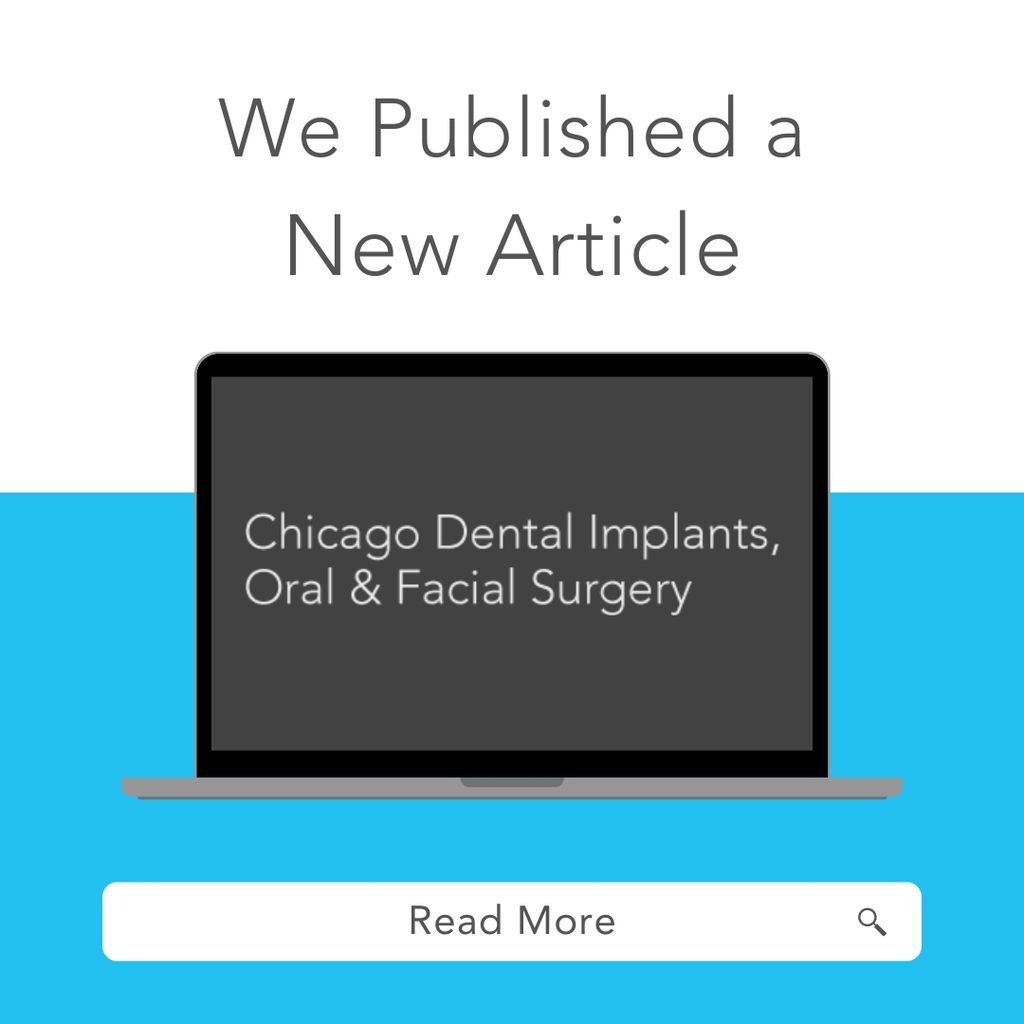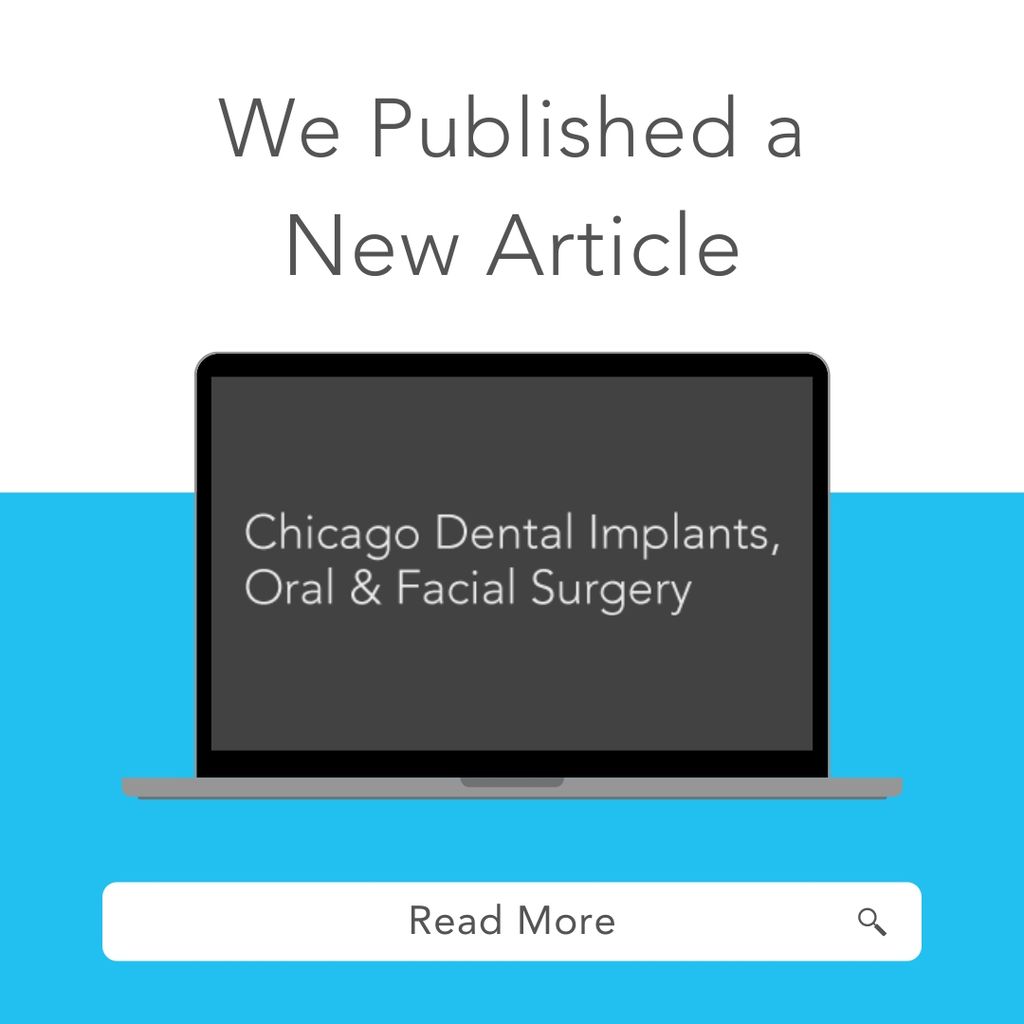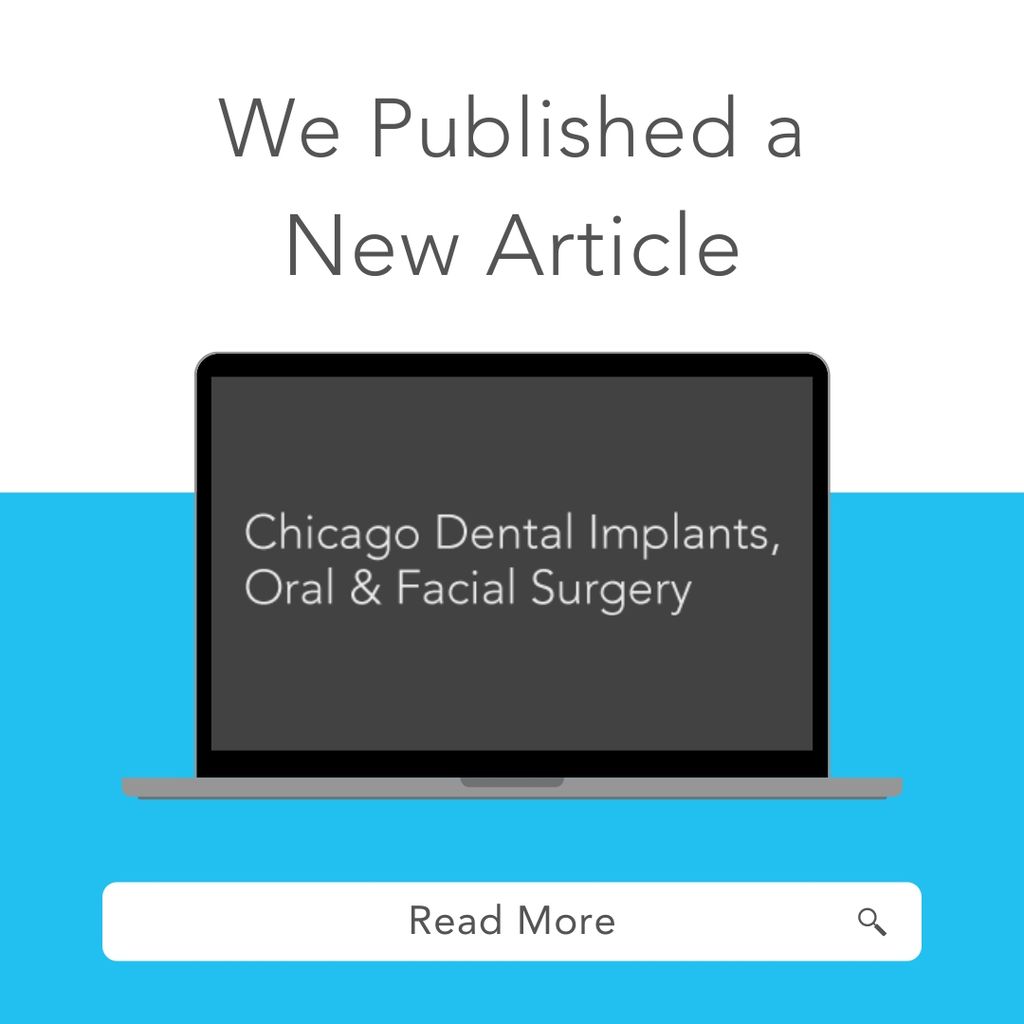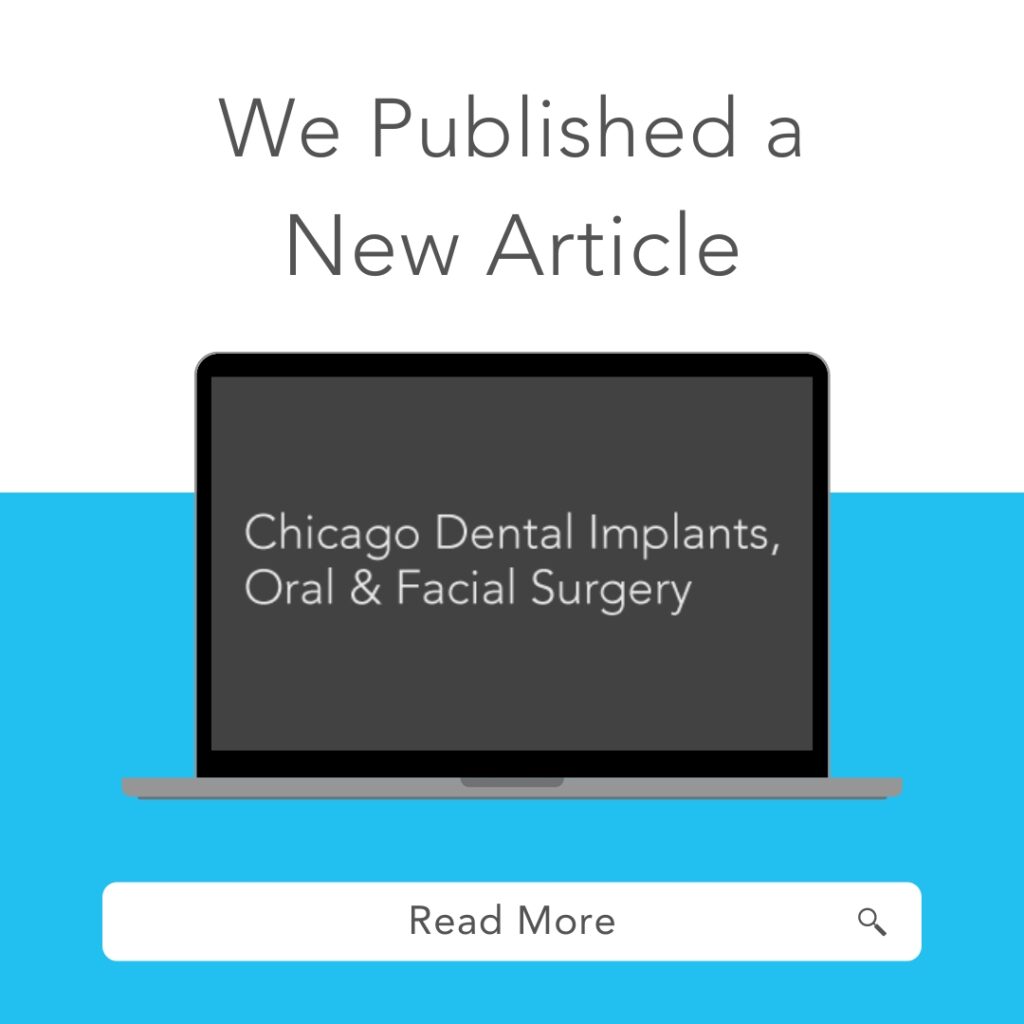
Understanding Tooth Enamel Erosion
Tooth enamel is the hardest substance in the human body, formed entirely from minerals, yet it remains vulnerable to erosion and damage. As the protective layer of your teeth, maintaining its integrity is essential for optimal dental health. At Chicago Dental Implants, Oral & Facial Surgery, we emphasize the importance of proactive measures to safeguard your enamel.
Common Causes of Tooth Enamel Erosion
Several factors can contribute to the erosion of tooth enamel, many of which can be managed or prevented. Beverages high in sugar and acid, such as sodas, fruit juices, and energy drinks, are significant culprits. Additionally, a diet rich in carbohydrates and sugars fosters the growth of harmful acids produced by oral bacteria. Medical conditions like acid reflux (GERD), frequent vomiting, and stress-related teeth grinding (bruxism) can further accelerate enamel erosion.
Lifestyle habits also play a crucial role. Smoking, drug use, and certain medications like aspirin and antihistamines can exacerbate enamel wear. Furthermore, exposure to acidic substances and using abrasive dental products can lead to enamel degradation over time.
Effective Strategies to Prevent Tooth Enamel Erosion
To protect your tooth enamel, a comprehensive approach that includes dietary adjustments and mindful habits is essential. Here are some effective strategies:
- Nutrient-Rich Diet: Focus on consuming foods that are rich in vitamins and minerals, such as vegetables, fruits, cheese, yogurt, and whole grains. Foods high in calcium and phosphorus, like dairy products and leafy greens, can help remineralize enamel and strengthen your teeth.
- Choose Water: Opt for plain water instead of sugary drinks, and rinse your mouth with water after consuming acidic foods or beverages. This helps neutralize acids and wash away sugar residues.
- Stimulate Saliva Production: Drink plenty of water and chew sugar-free gum to encourage saliva flow, which helps maintain a healthy oral environment.
- Avoid Enamel Strain: Steer clear of habits that can harm your enamel, such as chewing on hard objects or using your teeth as tools.
- Address Medical Conditions: If you suffer from acid reflux or bruxism, it’s crucial to seek treatment to prevent further enamel erosion.
- Protective Gear: For those involved in contact sports, wearing a custom-fitted mouthguard can safeguard against enamel fractures and chips.
Seeking Professional Help for Tooth Enamel Concerns
Understanding the vital role of tooth enamel in your oral health underscores the necessity of professional guidance. Regular check-ups with your oral surgeon in Orland Park are key to early detection of enamel erosion and prompt intervention.
At Chicago Dental Implants, Oral & Facial Surgery, our specialists are dedicated to providing expert care for damaged teeth, jaws, and oral tissues. By prioritizing enamel preservation and accessing timely interventions, you can maintain your oral health and enjoy a bright, radiant smile for years to come.
Ready to protect your enamel? Contact us today to schedule an appointment!










